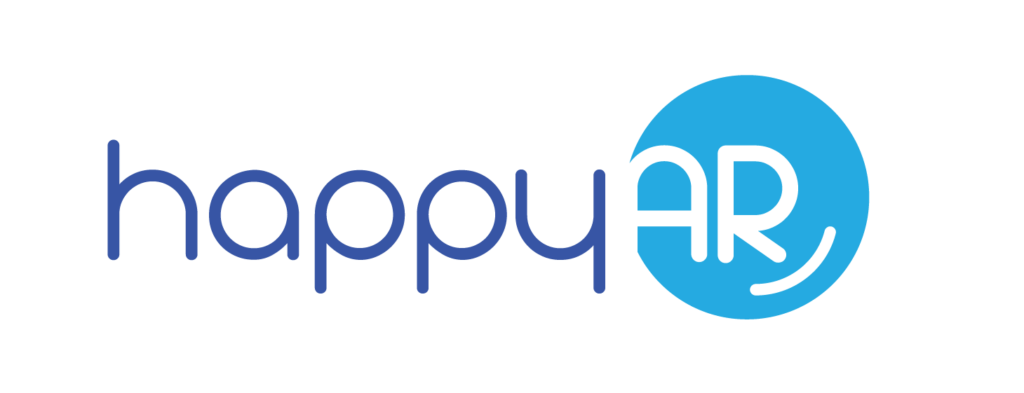When deciding on a new enterprise resource planning (ERP) system, it can be difficult to know which one to choose. There are a number of them available, and the features they offer are different. In this article, we cover SAP and specifically the SAP Financial Accounting Module.
SAP is one of the most well-known ERP systems available — and also one of the oldest. Founded in 1972, SAP was originally used for inventory management. However, it has evolved to become one of the most robust systems available for companies that need a strong data management structure.
What Is SAP Accounting?

SAP Financial Accounting is a module of the SAP ERP system. SAP was designed to incorporate all areas of business data management. It includes a variety of different modules that companies can pick and choose from according to the services or products they offer. Current SAP modules include:
- Financial Accounting (FI)
- Financial Supply Chain Management (FSCM)
- Controlling (CO)
- Materials Management (MM)
- Sales and Distribution (SD)
- Logistics Execution (LE)
- Production Planning (PP)
- Quality Management (QM)
- Plant Maintenance (PM)
- Project System (PS)
- Human Resources (HR)
The Financial Accounting and Controlling modules may be combined (SAP FICO) for a powerful accounting system that allows for both external and internal financial reporting based on pre-defined business rules.
The SAP Financial Accounting module, while typically used by larger enterprises, may also be adopted by smaller companies. It offers a wide range of solutions available for every type of industry.
If at first glance, solutions appear complex, an SAP consultant can work directly with you to find the best options for your business. Some of the best features that SAP Financial Accounting offers include:
- A record of all financial transactions with an unbroken audit trail from financial statements to individual documents
- Data that is available in real-time and may be accessed throughout the organization
- The capacity to automate the handling of key business processes, including accounts receivable and accounts payable
- Strong banking and treasury reporting options, allowing for a quick analysis of cash flow
Clearly, SAP Financial Accounting has a lot to offer to businesses that want to ensure they have a robust system that provides them with accurate external reporting and the functionality to make quick business decisions.
What Does SAP Stand for?
SAP stands for System Analysis Program Development (Systemanalyse Programmentwicklung). The company was founded in 1972 by five people. It is based in Walldorf, Germany, and now has over 105,000 employees worldwide.
How Do Accountants Use SAP?

Accountants use SAP as their fully-integrated financial solution. Some of the accounting tasks they can perform include:
- Recording financial transactions for general ledger accounting
- Consolidating financial entities
- Providing financial reports, including balance sheets and income statements
- Reconciling financial data
- Managing fixed assets
While most financial accounting systems provide these capabilities, SAP does so in a way that is especially helpful for auditing purposes. It provides a clear audit trail, beginning from the initial document entry through the journal approval stage, all of the way to the financial statements.
Companies that use SAP are also able to define business rules that allow certain transactions to be recorded and reconciled automatically. This automation reduces the need for manual input and results in a more efficient monthly accounting close.
What Are the Benefits of SAP?
There are many benefits to the SAP financial accounting system. Not only is it a well-developed system with an unlimited number of capabilities, but it is also easily integrated with other applications and software. A number of different programs have been designed to assist SAP users with specific needs. Some of the main benefits of SAP include:
Excellent Audit Trail
For companies that undergo regular audits or reviews by public accounting firms, SAP is widely recognized for its extensive underlying audit trails. There are easily customizable, defined business rules that enable journal entries to be posted only upon approval by designated managers or controllers.
The system also allows for personalized business rules that can be set up at the time of implementation or when it is found they are needed. These rules may automate certain processes, such as the collection of cash in a bank account or the reconciliation of specific accounts.
Unified Transactional and Analytical Platform
The system is highly unified, and modules are connected with one another, allowing for real-time data that can be accessed by anyone with approval to do so. Each transaction entered is systematically incorporated across the required business modules. This automation allows for an effective and accelerated month-end close process.

Ease Tax Management
If your company operates in a variety of states, jurisdictions, or countries, you know how difficult it can be to ensure that tax needs are met. The SAP system allows for optimization of tax rules across jurisdictions for better compliance and automated processes.
Options for Integration
There are a number of various third-party and SAP-designed software tools available to customize your system. An SAP technician can work with you to explain different options that may work well for your business, or you may explore them in the SAP store.
Commonly used integrations include SAP Concur (designed for business travel expenses), Blackline (an account reconciliation tool), and SAP Business Planning and Consolidation software (BPC). BPC is used to consolidate the entities of a company for financial reporting purposes and also acts as a tool for the Financial Planning and Analysis department.
Utilizing SAP can greatly assist your company with its integrated model designed to work across different business segments.
What Are the Drawbacks of SAP?

While there are a lot of benefits to using SAP, there are also some shortcomings.
Not User-Friendly
If you don't consider yourself to be technically savvy, SAP may be a difficult system to learn. It can be counter-intuitive to many people, as it uses a system of codes to pull up various features of the program. It can be hard to navigate from one part of the system to another if you are unfamiliar with the codes.
In addition, you'll likely need to rely on an SAP Technical expert to have your system set up properly. Your accounting team will need to be educated on how to use the system, as it is quite different from what they may be used to from other ERP solutions such as QuickBooks or NetSuite.
There are various training modules that your team can sign up for to gain a better understanding of the system's functionality and fully unlock the capabilities that SAP has to offer. However, accountants who are less technically inclined may struggle with understanding how to use it.
May Be Expensive
SAP operates on a quote-based system, which means that each company is given a price for the system based on their needs. If your company decides to purchase SAP, a technician will work with you to understand your current financial system reporting processes and select the SAP modules and applications that will be most suitable for your company.
Thus, the idea of paying a flat monthly fee for an accounting software program may not be feasible. You may need to pay for the system upfront, depending on the pricing structure that is provided to you.

Not Suited for Smaller Enterprises
SAP is more commonly used by very large companies with significant business activity and revenues. These businesses may have a number of different entities, products, revenue streams, and types of inventory. Their clients may number in the tens of thousands.
While SAP has expanded in recent years to offer solutions for smaller clients, its main focus is still industry giants. If your company is small or mid-size, there may be other ERP solutions that would be more suitable for your needs.
HappyAR is a seamless SaaS that quickly and easily boosts your accounts receivables work. We have simple monthly pricing that includes unlimited users and unlimited invoice escalations. There's no long-term contract and you can try HappyAR for free.

